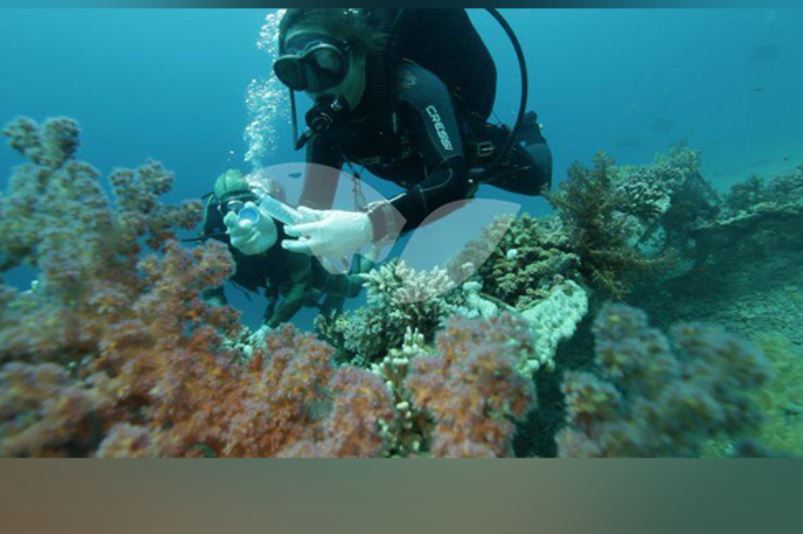 English
English

The condition of the coral reefs in the Gulf of Eilat/Aqaba continues to deteriorate, according to the report for 2022 on the Israel National Monitoring Program in the Northern Gulf of Aqaba published on Thursday. Read further on Dynamite news:

Tel Aviv: The condition of the coral reefs in the Gulf of Eilat/Aqaba continues to deteriorate, according to the report for 2022 on the Israel National Monitoring Program in the Northern Gulf of Aqaba published on Thursday.
A combination of the warming of the Red Sea, underwater pollutants, extreme storms and disease outbreaks are contributing to the worsening of the ecosystem, the Israeli Environmental Protection Ministry report said.
Action must be taken to reduce the impact on the marine ecosystem from development at the popular Red Sea resort, particularly from artificial lighting, the report stated. It also expressed concern that the expansion of Eilat’s desalination plant that could lead to an increase in nitrogen and brine discharged to the sea.
The report pointed to a severe winter storm in March 2020 that damaged the coral reef through sand, infrastructure and debris. A survey found a loss of living cover of 6 per cent-22 per cent, depending on the specific sites examined.
A 1.5 per cent decrease in coral cover was found in 2021, and it wasn’t until 2022 that the beginning of recovery was measured.
The Gulf of Eilat is home to one of the northernmost coral reefs in the world. It is one of the fastest-warming regions as well—the sea surface temperature in the Gulf has been increasing since 1988 at a rate 2.5 times higher than the world average.
“The reef in Eilat is a national and global asset, which is affected by climate change and extreme weather events that lead to its deterioration,” Environmental Protection Minister Idit Silman said.
“Given that global conditions, such as the warming of seawater and the increase in acidity, are not improving and even deteriorating—the reef will have difficulty dealing with local impacts of sea pollution, oil spills and irresponsible development,” the minister said.
“All entities must act responsibly and make extensive use of science to formulate environmental policies, with the aim to preserve the ecosystem and the coral reef in the Gulf of Gilat,” Silman said.
The report was prepared by the Interuniversity Institute of Marine Sciences in Eilat, funded by the Environmental Protection Ministry’s Marine Pollution Prevention Fund, and conducted under the guidance of the ministry’s chief scientist, Professor Noga Kronfeld-Schor. (ANI/TPS)